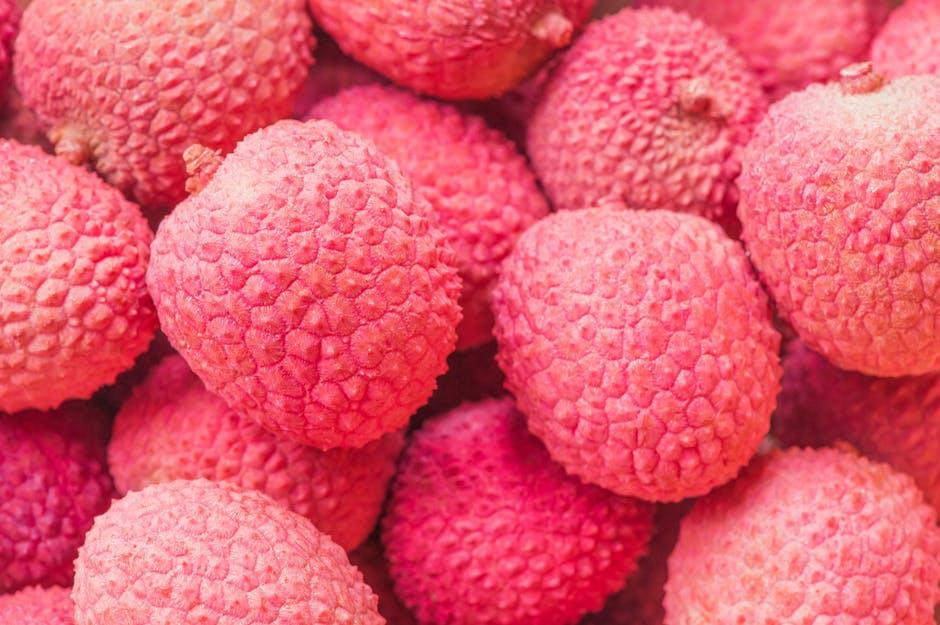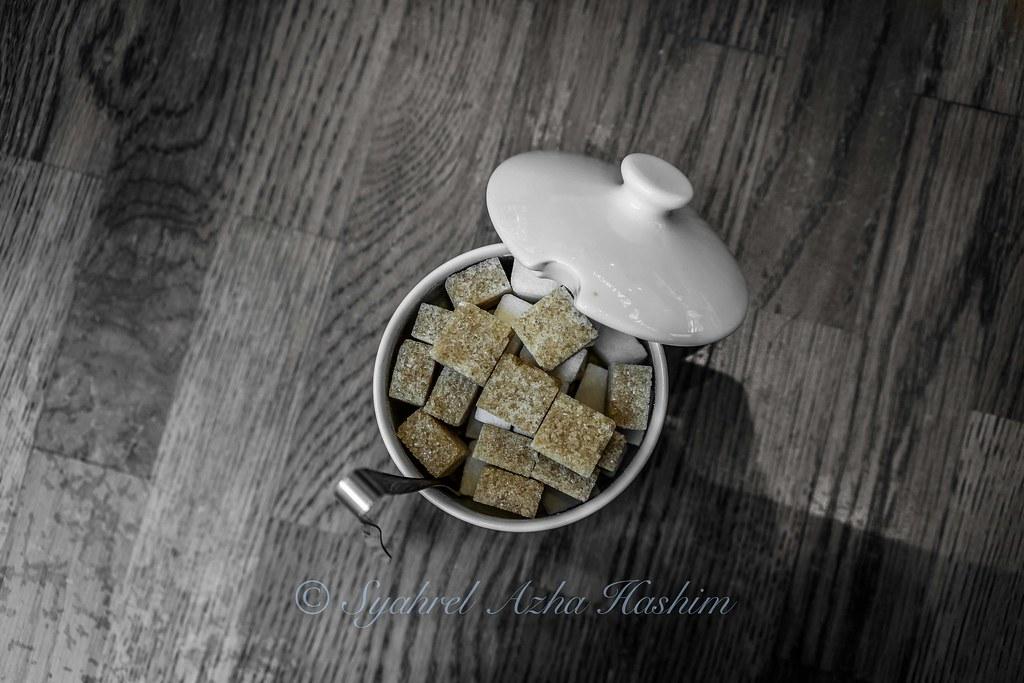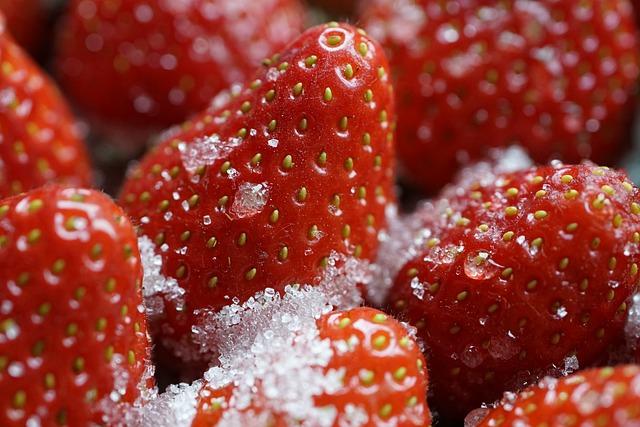In the world of sweet indulgence, sugar often takes center stage, cloaked in a myriad of forms from crystalline granules to sticky syrups. But as health consciousness grows, a question simmers: are all-natural sugars truly a better choice than their processed counterparts? This inquiry delves beyond the simplistic allure of “natural” labels, exploring the nuanced dance between nature and refinement. Join us as we unravel the complexities of sweetness, examining whether the path from beehive to table offers more than just a pleasant taste.
Exploring the Sweet Spectrum: Natural vs. Processed
When we delve into the world of sugars, the landscape is diverse and intriguing. Natural sugars are found in fruits, vegetables, and dairy, bringing with them a suite of vitamins, minerals, and fiber. These components can help moderate the body’s absorption of sugar, potentially leading to a more balanced energy release. Common sources include:
- Fruits like apples, bananas, and berries
- Vegetables such as sweet potatoes and carrots
- Dairy products like milk and yogurt
In contrast, processed sweeteners are often stripped of these beneficial elements, offering a more concentrated sweetness. This category includes refined sugars like white and brown sugar, as well as high-fructose corn syrup. While they can enhance flavor and texture in culinary creations, their lack of accompanying nutrients may contribute to rapid spikes in blood sugar levels. The choice between natural and processed sweeteners often hinges on dietary goals, health considerations, and personal preferences.

Nutritional Breakdown: What Science Says About Sugars
When we delve into the molecular world of sugars, the distinction between natural and processed becomes a fascinating landscape of glucose, fructose, and sucrose. Natural sugars, found in fruits, vegetables, and honey, are often accompanied by vitamins, minerals, and fiber, which can aid in digestion and provide additional nutritional benefits. These sugars are typically more complex, leading to a slower release of energy. On the other hand, processed sweeteners like high-fructose corn syrup and refined white sugar are stripped of these nutrients, often leading to a rapid spike in blood sugar levels.
- Natural Sugars: Found in whole foods, provide additional nutrients.
- Processed Sweeteners: Often devoid of nutrients, linked to quick energy spikes.
From a scientific perspective, the body metabolizes all sugars similarly, breaking them down into simple sugars for energy. However, the presence of accompanying nutrients in natural sources may contribute to overall health, influencing how sugars impact the body. The key lies in moderation and context, as overconsumption of any sugar can lead to health issues.

The Health Impact: Navigating Sugar Choices
When it comes to choosing between all-natural sugars and processed sweeteners, understanding their health implications is key. Natural sugars, like those found in fruits, come with essential nutrients and fiber, which help in the slow absorption of sugar into the bloodstream. This can be beneficial in managing energy levels and preventing spikes in blood sugar.
- Natural Sugars: Often contain vitamins, minerals, and antioxidants.
- Processed Sweeteners: Typically stripped of nutrients, offering only empty calories.
However, it’s important to remember that natural sugars can still contribute to calorie intake and should be consumed in moderation. On the other hand, processed sweeteners, although convenient, may lack nutritional benefits and could potentially lead to health issues if overconsumed. Balancing these choices can help maintain overall well-being.

Making Informed Decisions: Balancing Sweetness in Your Diet
In the quest for a healthier lifestyle, the choice between all-natural sugars and processed sweeteners often becomes a pivotal decision. Natural sugars like honey, maple syrup, and agave nectar are often perceived as healthier due to their organic origins and minimal processing. They contain small amounts of vitamins and minerals, offering a slight nutritional edge over their processed counterparts. However, they still share the common attribute of adding calories without significant nutritional benefits.
On the other hand, processed sweeteners such as white sugar and high-fructose corn syrup are typically stripped of any nutritional value during manufacturing. They can lead to spikes in blood sugar levels and are often linked to various health issues when consumed excessively. When balancing sweetness in your diet, consider the following:
- Moderation is key: Whether natural or processed, excess sugar can have adverse effects on health.
- Consider the context: Natural sugars might be preferable in whole foods, while processed sweeteners are often hidden in packaged goods.
- Personal health goals: Tailor your sugar intake based on dietary needs and health objectives.





